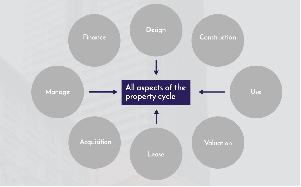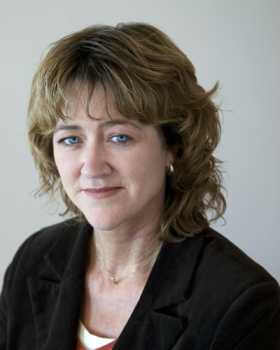Huge differences exist across the real estate industry in terms of how it is responding to and adopting new technologies, delegates heard at PropertyEU's PropTech Briefing held during the Provada real estate fair in Amsterdam earlier this week.
The accelerated growth of proptech means that new technologies are appearing on a daily basis and it’s still unclear how they can provide solutions, noted Rudger Beckmann, vice president sales & innovation at Log4Real. ‘In many cases that means we have to look for the problems!’ he joked.
Whether or not the industry is taking proptech on board depends very much on the individual sector, according to Damian Harrington, director and head of EMEA research at Colliers International. ‘There are real differences between the logistics, retail and hospitality sectors in terms of how much they’re adopting, also in terms of staffing, recruitment and retaining talent. The more traditional old school sectors are barely touching it. There are massive differences within the sector and across it.’
One thing that is clear about proptech is that it offers different solutions, said Menno Lammers, founder and initiator of PropTechNL. New technologies such as Blockchain will increase transparency, he pointed out. ‘Artificial intelligence will also have an impact. It will change our behaviour as real estate professionals, how we work and live. Things will change,’ he predicted.
Artificial intelligence will replace jobs that revolve primarily around number-crunching, said Marc Elshof, a partner at Amsterdam-based law firm Dentons Boekel. ‘The more standardised work is being taken over by technology.' But the job of a lawyer is not being taken over altogether by proptech, he added. 'Technology is simply helping to make our work more efficient.’
New technologies are also changing the brokerage industry, Harrington said. ‘Brokerage services are all about adding value but how we do that will change.’ For the future, he sees traditional brokerage firms playing more of an advisory role, for example, by talking to developers and tenants about how to make their buildings more efficient. ‘Pure brokerage will be more difficult,’ he predicted.


































